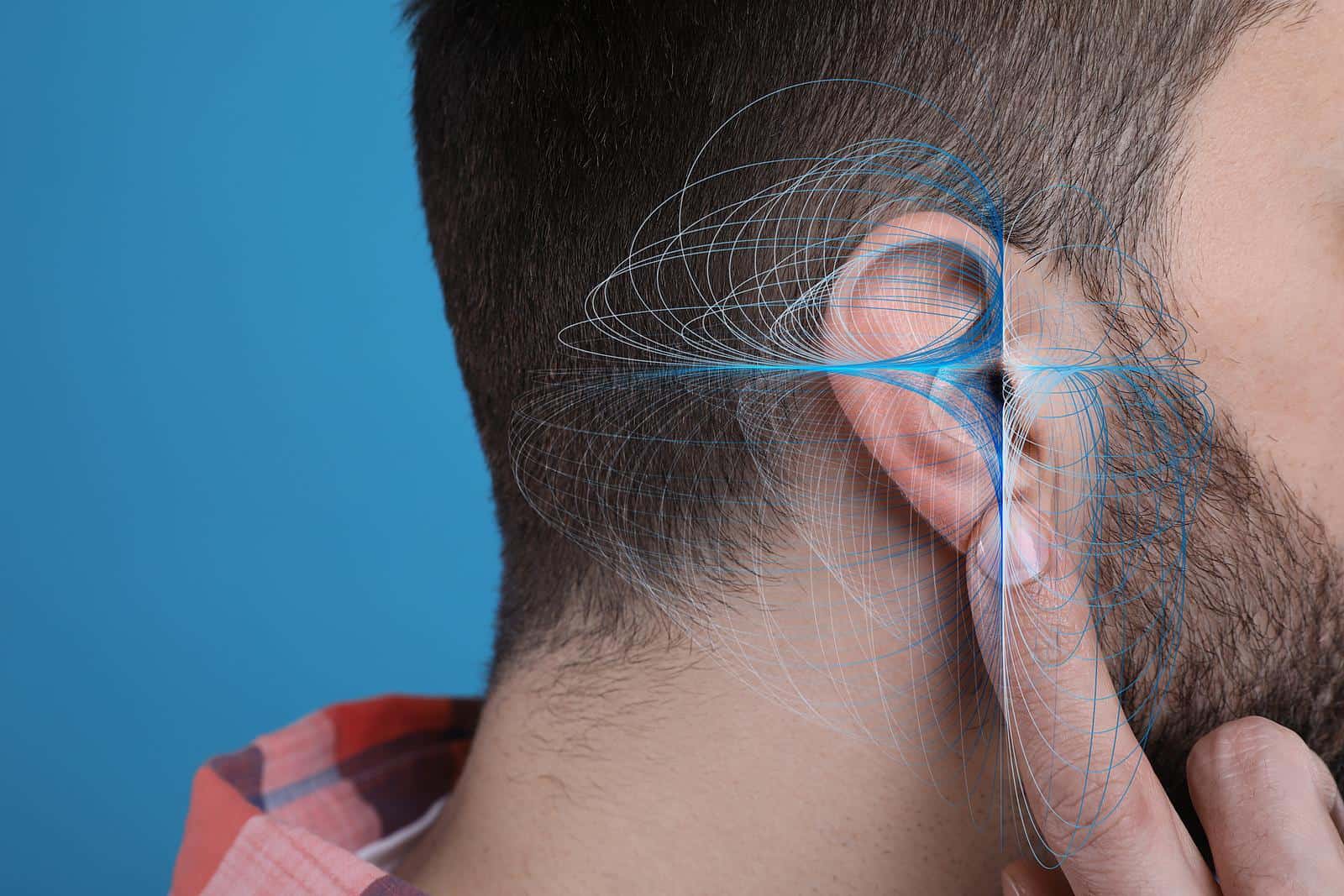
- How Spending Time Outdoors Enhances Hearing Health - July 16, 2024
- Exploring the Impact of Sports on Hearing Health - July 3, 2024
- The Impact of Diet on Hearing Loss - June 28, 2024
Noise is all around us – from traffic, to construction, to loud music and television. But did you know that noise can actually be bad for your health? According to the World Health Organization, more than 1 billion young people are at risk for noise-induced hearing loss. In the United States alone, an estimated 15% of adults have reported some form of hearing loss, and it’s not just the elderly who are affected – 1 in 5 teenagers also have hearing loss.
Noise-induced hearing loss is a type of hearing loss that is caused by exposure to loud sounds over a prolonged period of time. It can be temporary or permanent, and can lead to difficulty hearing, tinnitus (ringing in the ears), and even cognitive decline.
So, how loud is too loud? The World Health Organization recommends that exposure to noise should not exceed 70 decibels (dB) for more than 8 hours per day. However, many common sources of noise – such as a lawn mower or a vacuum cleaner – can reach up to 90 dB. Even short-term exposure to loud noise can cause hearing damage – for example, a single gunfire noise can reach up to 140 dB.
Noise pollution and our health
Aside from damagingly loud noises, we must also be aware of noise pollution. According to the European Environmental Agency, noise is the second most harmful environmental exposure after air pollution. Noise pollution can cause hearing loss, ringing in the ears, and make us more sensitive to sound. It can also make existing health conditions worse, such as heart disease, diabetes, and sleep problems.
Studies have also shown that noise pollution can affect children’s learning, cause stress, and even lead to memory problems. Some researchers are also studying possible links between noise pollution and dementia. Noise pollution can also cause vibrations that can harm our health. Studies have shown that people who are bothered by noise are more likely to have health problems from it. Even if we tune out noise pollution, our bodies can still have stress reactions to it.
Advanced scanning techniques have revealed that transportation noise is associated with increased activity in a part of the brain called the amygdala, which can trigger stress pathways that can lead to cardiovascular and metabolic diseases.
What can you do to protect yourself from noise?
The first step is to be aware of the sources of noise in your environment and take steps to reduce your exposure. This might include wearing earplugs or noise-canceling headphones, closing windows and doors, or avoiding loud places altogether.
A recent study published in The Lancet Planetary Health found that people who are exposed to loud noise – such as traffic or aircraft noise – have a higher risk of heart disease. The study analyzed data from over 3.5 million people in the UK and found that those who were exposed to the highest levels of noise had a 30% higher risk of heart disease than those who were exposed to the lowest levels.
Hearing loss can be a frustrating and isolating experience, but there is hope. A consultation with a hearing specialist will help determine the cause of your hearing loss and identify the best treatment options. Early treatment is key to preventing further hearing loss and can help you reconnect with your loved ones. There are many different types of hearing aids available today, and the latest technology can help you hear more clearly and comfortably.
If you’re experiencing hearing loss or suspect you might be, don’t wait to schedule a consultation with our hearing practice. We’re here to help you hear better, and connect with your loved ones.
